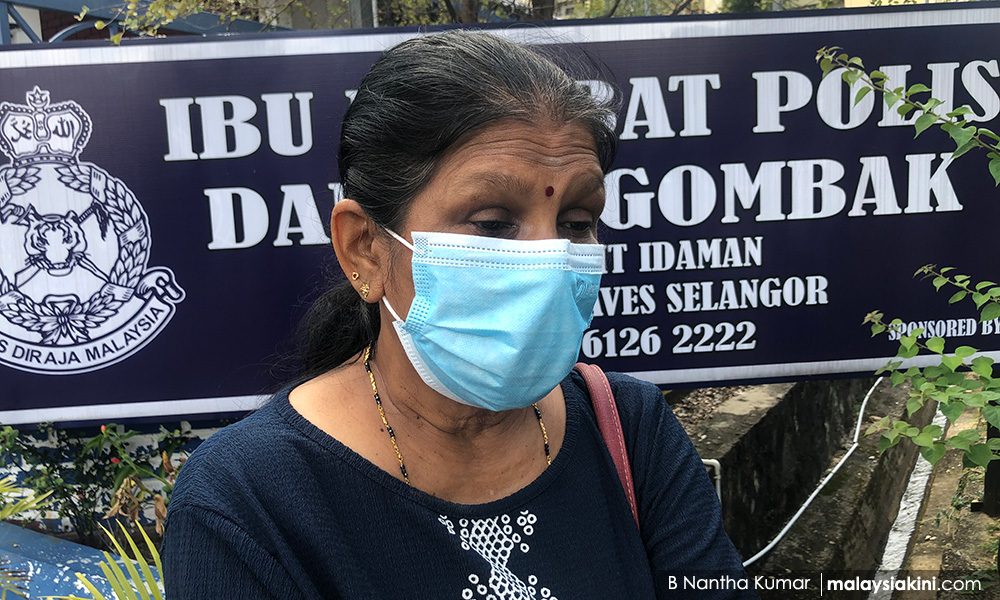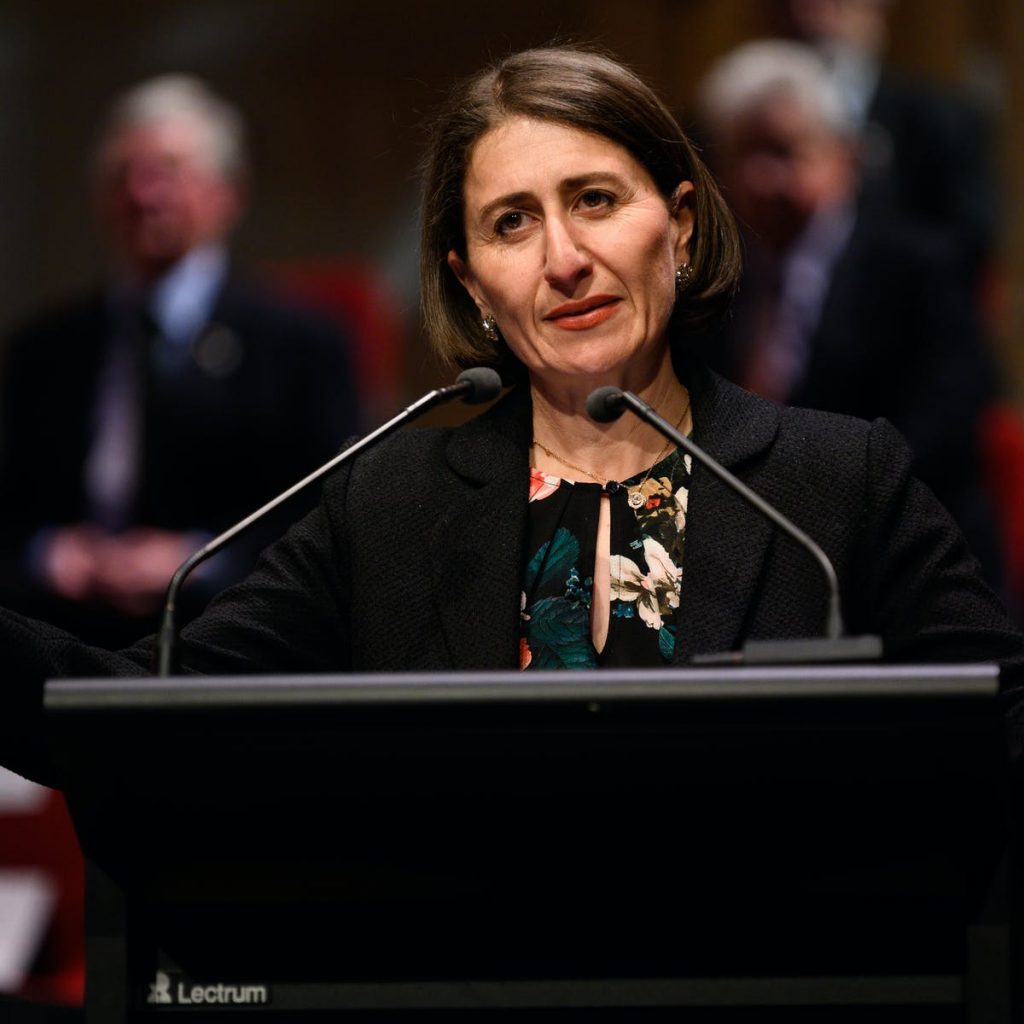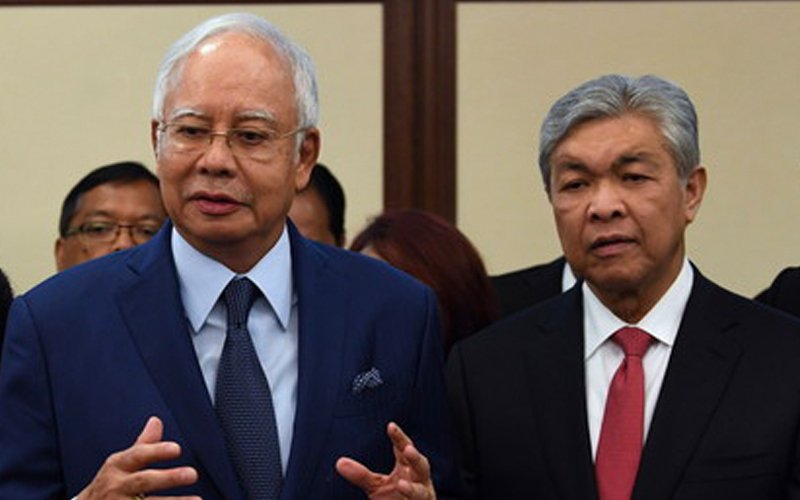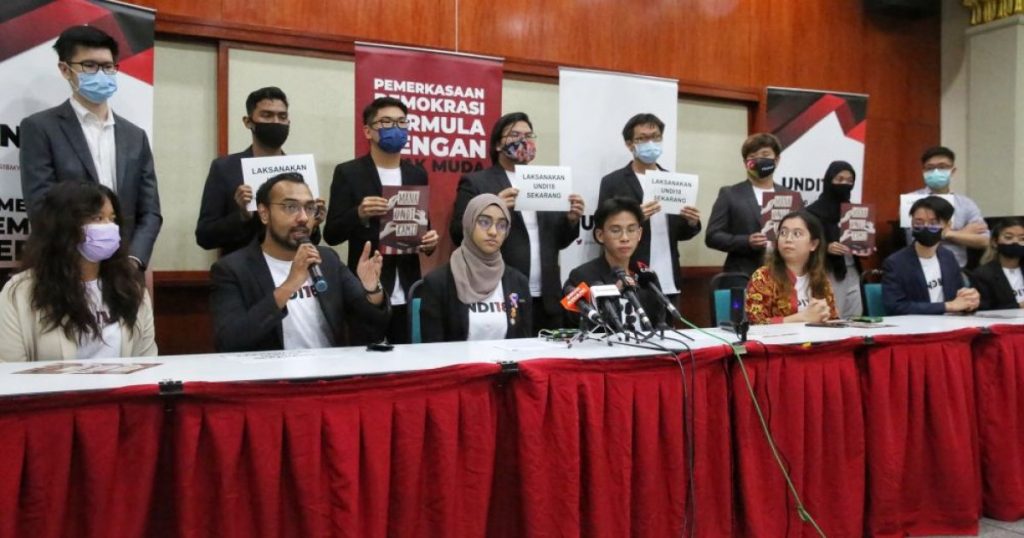Losing Our Moral Compass

Stay updated with the latest intriguing stories for high achievers by following our Telegram
From 1Malaysia Development Berhad (1MDB) to the recent Pandora Papers, Malaysia is plagued with corruption scandals. 1MDB has been dubbed as “one of the world’s greatest financial scandals” by the United States Department of Justice. The Pandora Papers revelation on the other hand has 11.9 million leaked documents pertaining to 2.9 terabytes of data that the International Consortium of Investigative Journalists published since 3rd October 2021.
These cases raise serious concerns over Malaysian leaders level of integrity and honesty.
On the 21st October, two members of the Malaysian Anti-Corruption Commission (MACC) or SPRM were charged at the Sessions Court in Johor Bahru for cheating an individual for RM40,000.
Amir Isham Shahak, 32, and Wan Kamarul Za’im Wan Mansor, 34, were accused of deceiving an individual to give them RM40,000 to help him resolve an ongoing MACC case. They were charged under Section 417 of the Penal Code read together with Section 34 of the same Act.
These cases beg the question, how can we trust those put in power to serve and protect the people? How can we trust MACC officers to investigate themselves over bribery charges and the police to investigate their officers who commit police brutality towards inmates in custody?
Besides the MACC, the integrity of the police have also been questioned. Over 50% of prison death victims are Malaysian Indians.

In the first 6 months of 2021, there have been over 12 deaths in custody. A. Ganapathy for example, a milkman who died in custody after being arrested as he was to be questioned on the whereabouts of his brother. The autopsy reported severe injuries on his legs.
During his arrest, Ganapathy was confirmed to have pre-existing kidney complications and soon needed an amputation. The victim’s mother claimed that he was beaten with a rubber hose by the police.
Ganapathy passed away on 18th April at Selayang Hospital after a month of being warded. He left behind two children ages five and seven.

Unfortunately, his story is not unique. Many more families have suffered the same fate, losing loved ones in custody without further investigation and explanation on the nature of their deaths.
The police force is also not spared from political intervention. Former police chief, Abdul Hamid Bador has gone on public record to allege that political interference do occur and there are now “camps” within the police force that are subservient to political masters.
In some countries we see that leaders whose integrity are being questioned, stepped down on their own accord to protect the sanctity of the institutions. For instance, Austria’s Chancellor, Sebastian Kurz resigned after being investigated for misuse of government funds to ensure positive media coverage in a tabloid paper. This would sound miniscule compared to something similar practiced rampantly in Malaysia.

The New South Wales Premier, Gladys Berejiklian also resigned after allegations of breaching public trust between 2012 and 2018; not to mention her mismanagement during the Covid-19 crisis.

In Malaysia, those convicted of corruption scandals can be seen freely roaming and are still active in politics. One example is former Prime Minister of Malaysia, Najib Razak who was charged with criminal breach of trust, money laundering and abuse of power in relation the the 1MDB scandal.
Making a comeback through the nickname “Bossku”, Najib becomes increasingly popular by the day, as he leads the charge for UMNO’s Melaka election machinery. Additionally, Zahid Hamidi is still accepted as UMNO President despite being charged for corruption.

The worst thing that can happen is if corrupt practices become so common that we start to tolerate, and even participate in them. For instance, money from 1MDB was laundered but some of the funds were used for Muslim pilgrimage. Since when is it right to use stolen money, even if it is for a righteous purpose? Have we lost our moral compass?
The young generation need to be concerned of how losing our moral compass is adversely affecting the future of our beloved country. That is why the Undi18 law has to be executed immediately so the young generation can play a part in affecting change.

As the next generation that is going to one day inherit this country, we must ask ourselves, what can we do to change this? Mahatma Gandhi once said, “You must be the change you want to see in the world.”
Without question, there is a need for political reform and the younger generation must learn from the mistakes of the past to avoid repeating them. Malaysia cannot progress let alone compete with other countries if it is still being run by the people who have lost their moral compass.
When it comes to corruption and you start to feel that you are losing your moral compass, you can always do a simple “litmus test”. If you think what you are about to do is something you would feel embarassed if the public find out, then it is probably wrong.
We must set the bar higher when it comes to safeguarding our integrity. The youth must rise and make a change to do better. Much better.



